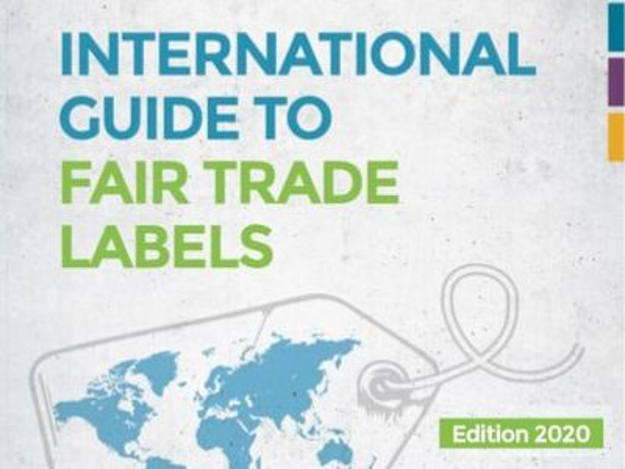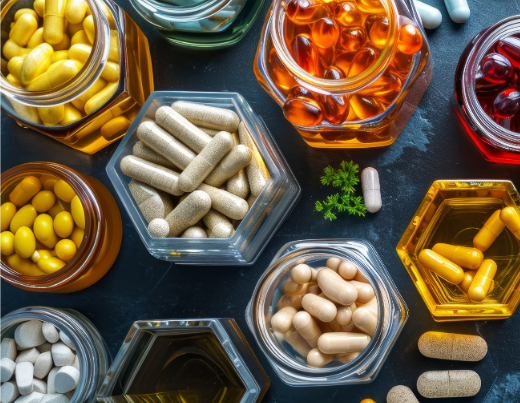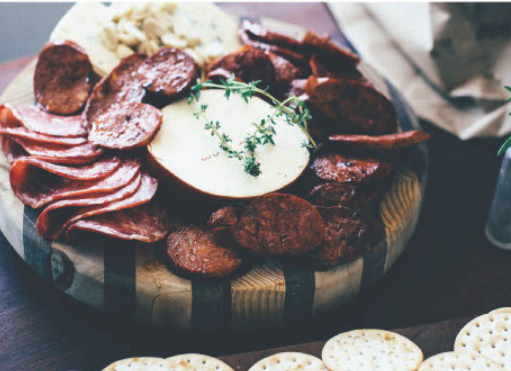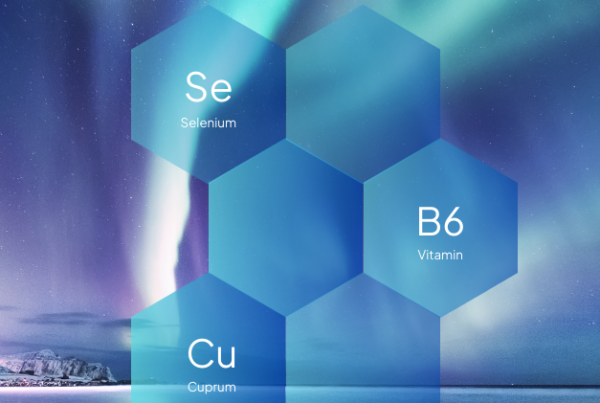
Consumers are becoming more and more socially responsible, with an increased trend in the purchase of ‘fair trade’ goods. Fair trade is designed to support sustainable and social development by offering producers in the developing world better working conditions and pay.
However, fair trade is not highly regulated and may be interpreted in many different ways. As a result, certification schemes are vital in laying out specific requirements and standards for fair trade, where France is one of the few countries which have a set legal definition for this.
An International Guide to Fair Trade Labels was published by the Fair World Project, FairNESS, Commerce Équitable France and Forum Fairer Handel. This guide provides an in-depth analysis of fair trade labels, rating them in terms of content and monitoring measures. Out of all labels analysed, Fairtrade International was ranked as the most recognised label globally, gaining top marks in most categories.
Meeting standards for the Fairtrade International label has now been made easier for food businesses, as their ingredient label can now be used on multi-ingredient products containing only one Fairtrade certified ingredient.
A joint position paper addressing the European Union (EU) has been signed by established players in the food industry – Mars Wrigley and Mondelez to name a few. This paper has called upon the EU to enact legislation which regulates companies producing cocoa products, in a way that is sustainable, environmentally friendly, and incorporates fair human rights. To enable this, the EU have been encouraged to develop a regulatory and policy framework which ensures that environmental and human rights due diligence is conducted in company supply chains.



